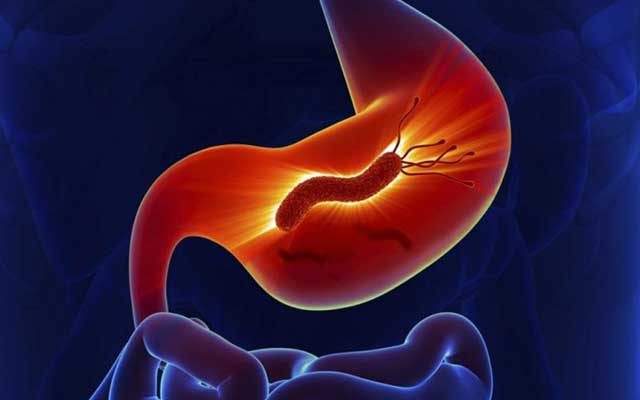H. pylori or Helicobacter pylori is a common type of bacteria, which can cause an infection in your stomach sometimes leading to ulcers. In the opinion of a cancer specialist, the risk of carcinoma stomach or stomach cancer can get increased by it. The infection by H. pylori is very common. In the world, at least half of the population gets infected by it usually in childhood. It cannot be surely told even by doctors that why some are affected by it differently than others.
How do you get it?
Your mouth is the entrance way of the spiral-shaped bacteria into your body. The mucus lining your stomach is their burrowing place. You can get infected by H. pylori bacteria in several ways. If food or water is not handled properly, the bug can be there. If someone has the infection, you can get it from mouth-to-mouth contact with him or her. If you come into contact with someone’s vomit or faeces, you can also get the infection. The areas of the world where there is poor sanitation, poverty and overpopulation, H. pylori is much more common.
Ulcers and Cancer
There can be inflammation in the lining of your stomach due to H. pylori. You may feel stomach pain or get nauseous as a result of this. Ulcers can develop, which are painful, open sores in the stomach lining that bleed if this infection is not treated. It has also been found in studies that there is 8 times more chance of having the stomach, or gastric cancer on having infected with H. pylori.
The two main classes of gastric cancer are associated with H. pylori infection. There is an increased risk of non-cardia gastric cancer in people infected with H. pylori but there is no increase in the risk of gastric cardia cancer, which may even decrease. An oncologist can tell what type of cancer has developed in any particular case.
Symptoms
It is not that symptoms will always be there for H. pylori infections. Sometimes, the following symptoms may be found:
- Pain or burning in your gut
- Stomach pain which is more if you haven’t eaten
- No appetite
- Nausea
- Burning a lot
- Bloating or gas
- Unusual weight loss
If you feel any of the following symptoms, you can consult a cancer doctor.
- Severe stomach pain that doesn’t go away
- Inability to swallow
- Bloody, tar-like stool
- Blood in vomit
- The colour of vomit looks like dark coffee grounds


